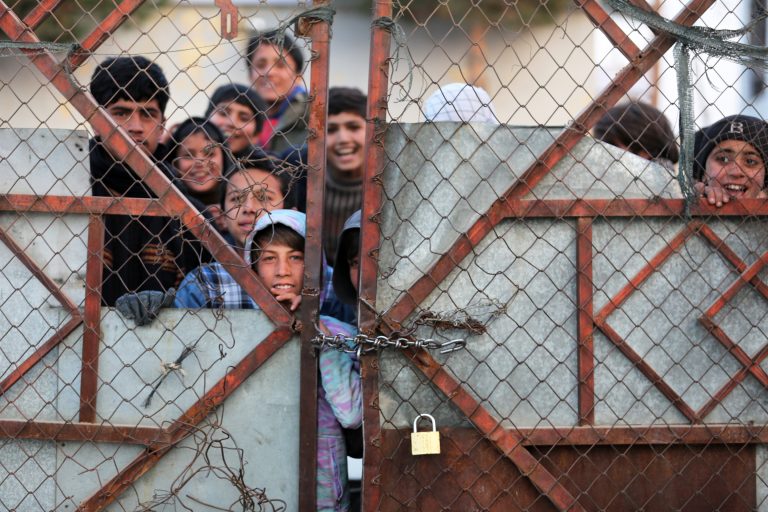On Dec. 25 last year, five major foreign aid organizations stopped working in Afghanistan after the Taliban placed a ban on women, excluding them from working at non-governmental organizations (NGOs).
Following the Taliban’s takeover of the country in Aug. 2021, many civilians have continued to face mounting scrutiny from the government’s draconian rule, including women and children.
NGO ban on women
The NGOs reported to have stopped operations were Save the Children, the International Rescue Committee (IRC), Islamic Relief, the Norwegian Refugee Council (NRC) and CARE. With the ban in place, they are said to be unable to help children and adults in dire need of aid in Afghanistan without their female staff.
The ban was implemented a day before the NGOs halted their activities in the country. They provided “healthcare, education, child protection and nutrition services” to the people in need, AP News reported.
According to a Taliban spokesperson for the ministry of economy, Abdel Rahman Habib, the female workers at the foreign aid groups broke dress codes, which requires women to wear hijabs.
Success
You are now signed up for our newsletter
Success
Check your email to complete sign up
Since then, several aid groups have criticized the ban, insisting on letting women continue to work with them.
Officials of Care, the NRC and Save the Children collectively credited their female staff for being able to help “millions of Afghans in need since August 2021,” the BBC reported.
“Whilst we gain clarity on this announcement, we are suspending our programmes, demanding that men and women can equally continue our lifesaving assistance in Afghanistan,” a joint statement by the three organizations read.
The IRC said that it was able to reach many with its “female staff at all levels of [the] organization,” being able to deliver services to “those in need.”
“We have complied with all cultural norms and we simply can’t work without our dedicated female staff, who are essential for us to access women who are in desperate need of assistance,” Neil Turner, the Norwegian Refugee Council’s chief for Afghanistan, told AP News.
Islamic Relief also shared its disdain concerning its decision to suspend their operations in Afghanistan, including “projects that support impoverished families to earn a living as well as education and some healthcare projects.”
READ MORE:
- 2022: EU Sees Over 50 Percent Rise in Asylum Applications Excluding Ukraine
- United Nations Raises Alert on Stranded Rohingya Refugees; South-East Asian Countries Urged to Take Action
- Family of Iranian Football Star Blocked From Leaving Iran Amidst Heavy Protests
Several female Afghan NGO workers have spoken out about their concerns and challenges from the ban, worried for their livelihoods.
Speaking to al-Jazeera, one woman named Alia was deprived of her job with the IRC by the Taliban’s ban, forced to fend for herself as she faces the struggles of providing for her family without stable work.
“I don’t know how we will continue to survive,” she said. “I have been working since 2008 and I am the breadwinner of my family of six. My husband has an unsteady income that barely covers the rent.
“This isn’t just a loss for my family but also to many families we were supporting. They are in a far [more] miserable situation,” she added. “When I think about those people, I feel unwell and I think my heart will burst from the pain.”
Days before, the Taliban also banned women from attending university, and secondary schools for girls have been closed down. The International Committee of the Red Cross warned that the expulsion of women from education and NGO work would “lead to catastrophic consequences in the short to long term.”
The United Nations also requested the Taliban reverse the ban on women, with the organization’s top humanitarian coordinator calling it a “red line for the entire humanitarian community.”

















